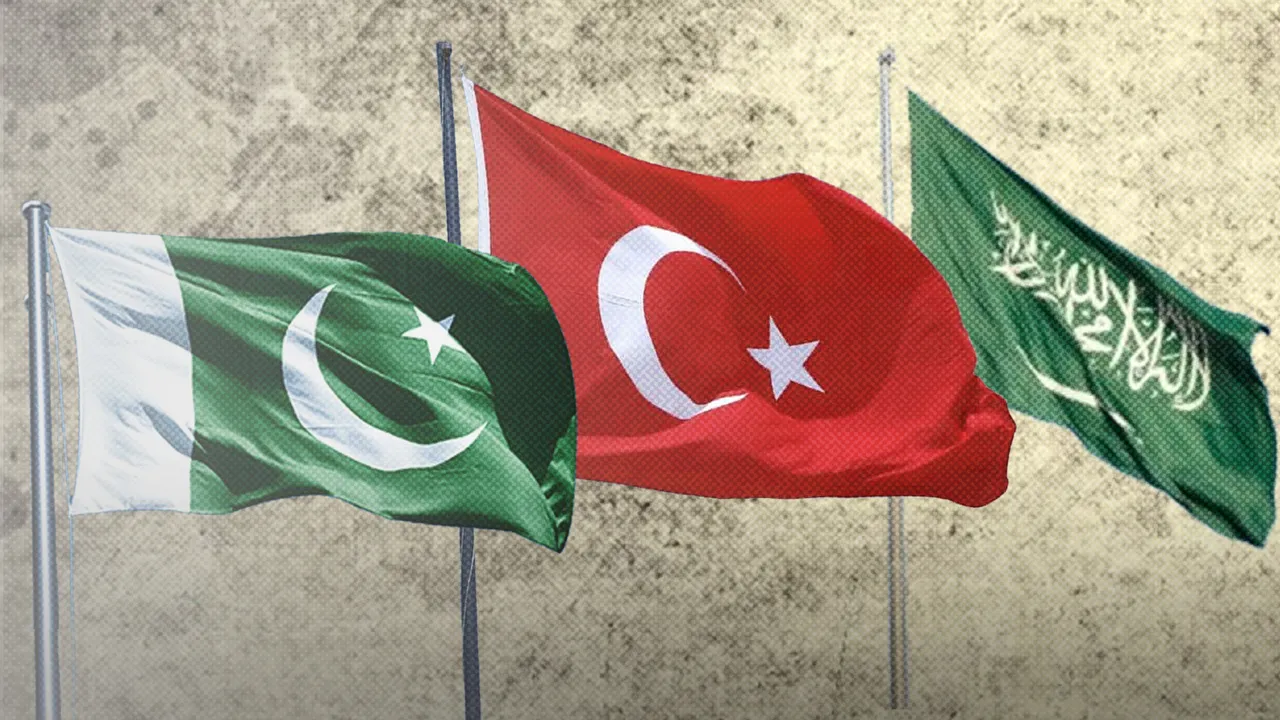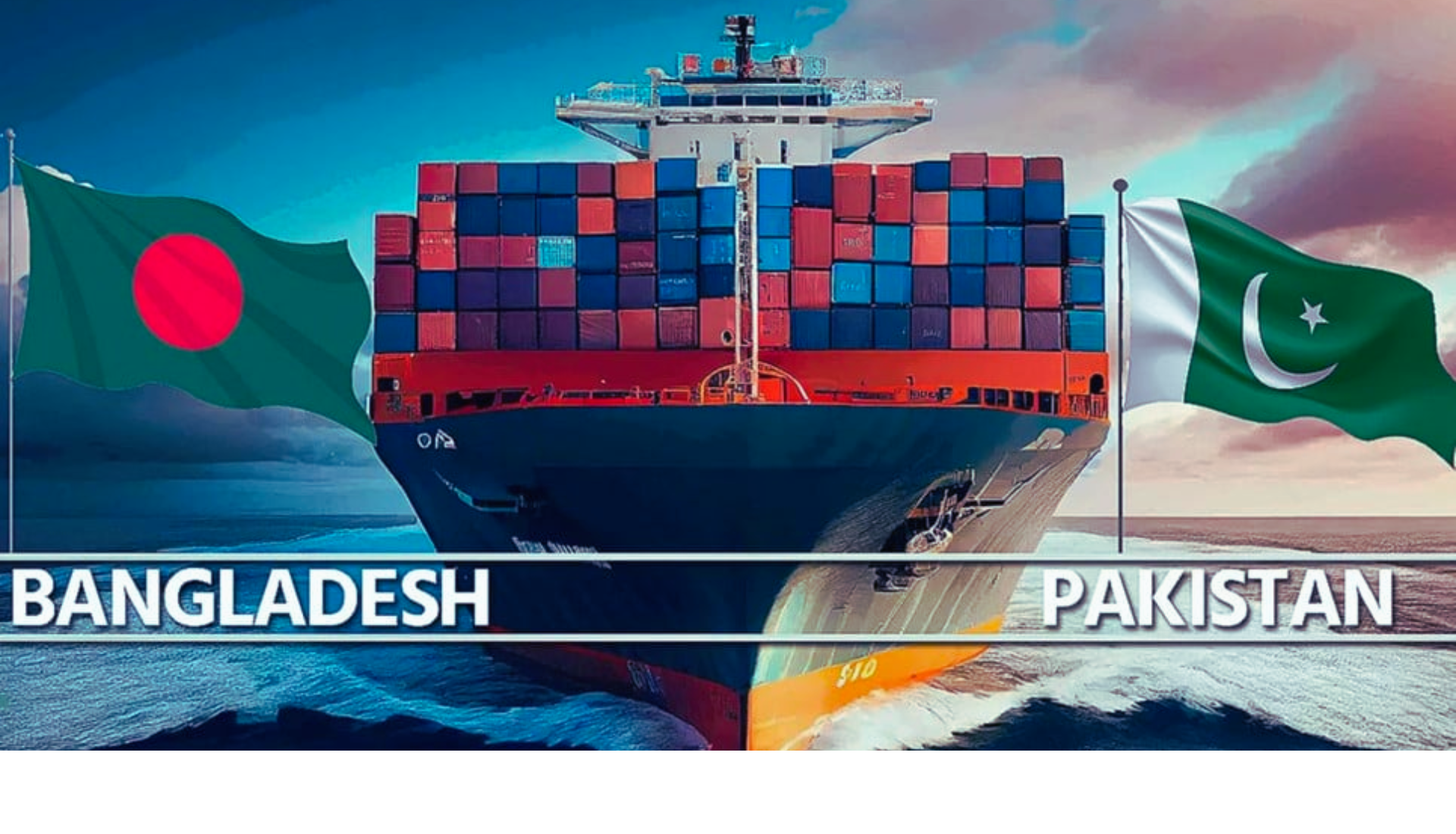Pakistan and China – A suicide attack. A diplomatic mission. A billion-dollar infrastructure project hanging in the balance. These are just some of the ingredients that make up the complex relationship between Pakistan and China. Prime Minister Shehbaz Sharif’s recent visit to China from June 4 to June 8, 2024, at the invitation of Chinese Premier Li Qiang, underscored the deep ties between the two nations. However, it also laid bare the challenges that threaten to derail their ambitious plans.
Pakistan and China: Diplomatic Pleasantries and Strategic Realities
![On June 7, 2024, in Beijing, China, Pakistan's Prime Minister Shehbaz Sharif (left) and Chinese Premier Li Qiang pose for a picture [Image via Government of Pakistan].](https://southasiatimes.org/wp-content/uploads/2024/06/4404061-1921627357.webp)
Since the establishment of diplomatic ties 73 years ago, Pakistan and China have nurtured a relationship described as an “All-Weather Strategic Cooperative Partnership” and “ironclad friendship.”
As Prime Minister Shehbaz Sharif’s plane touched down in Beijing, it marked not just the beginning of a diplomatic mission, but a pivotal moment in the enduring strategic partnership between Pakistan and China. Accompanying the Prime Minister, Pakistan’s Army Chief also participated in key meetings, highlighting the multifaceted nature of this strategic alliance. This wasn’t just about tea and treaties; the Pakistan Army Chief joining key meetings hinted at the high stakes involved
The Pakistan and China Joint Press Statement issued after Sharif’s visit echoed this sentiment. This highlights the shared commitment to strengthening economic cooperation and regional stability. Both sides reaffirmed their dedication to the China-Pakistan Economic Corridor (CPEC), with a focus on forging an “upgraded version” of this transformative initiative. The statement underscored the strategic significance of CPEC, emphasizing its potential to foster economic growth and prosperity for both nations.
Also See: Crossroads of Power: Decoding CPEC Geopolitics
Terrorism Looms Large…
However, beneath the surface of diplomatic pleasantries lies a chilling reality: terrorism remains a regional scourge, particularly for Pakistan’s western border.
Afghanistan’s interim government, despite Pakistan’s pleas for cooperation, has yet to crack down on terror groups operating within its borders. The brutal March 26th suicide attack on Chinese engineers engaged in the Dasu Dam project – five Chinese nationals and their Pakistani driver lost their lives – stands as a grim reminder of the dangers posed by these extremist elements based in Afghanistan.
Seeking Afghan Cooperation
![On 30 May 2024, Secretary Interior Muhammad Khurram Agha visited Kabul and met with Interim Afghan Deputy Interior Minister Muhammad Nabi Omari [Image via AFG MoFA].](https://southasiatimes.org/wp-content/uploads/2024/06/whatsapp_image_2024-06-01_at_10.20.30_am.jpeg)
Notably, in a proactive move prior to Prime Minister Shehbaz Sharif’s visit to China, a Pakistani delegation, led by Secretary Interior Muhammad Khurram Agha, engaged with Afghan Interim Deputy Foreign Minister Mawlawi Muhammad Nabi Omari on May 30, 2024. The objective was clear: to seek Afghanistan’s cooperation in apprehending the perpetrators associated with the banned Tehrik-i-Taliban Pakistan (TTP) responsible for the heinous Besham terrorist attack. Pakistan’s formal request to Afghanistan to hand over the culprits stresses the crucial role of regional collaboration in combating terrorism.
Despite Afghanistan’s reiterated commitment to preventing its soil from being used for terrorist activities, the ball remains in its court to act decisively.
While the Afghan interim government has shown a willingness to review Pakistan’s evidence regarding the Besham attack, actions will speak louder than words in dismantling terrorist networks.
In the backdrop of these diplomatic efforts, the joint statement issued during Sharif’s visit emphasized the need for concerted efforts to combat terrorism and prevent the use of Afghan territory as a launching pad for extremist activities. It called for enhanced security cooperation and intelligence-sharing mechanisms to address these shared challenges effectively. Yet, the question remains: will Afghanistan rise to the occasion and fulfill its obligations to regional peace and security? Will Beijing’s pressure on Islamabad to ensure security lead to tangible improvements on the ground in the Af-Pak region?
Compounding These Security Concerns Are The Economic Interests At Stake!
China’s investments in Afghanistan, aimed at promoting infrastructure development and economic growth, stand in stark contrast to the continued reluctance of Afghan authorities to address the root causes of terrorism originating from the soil, that specifically target the Chinese interest in the region, especially Pakistan.
Sharif’s visit resulted in the signing of 23 agreements and Memorandums of Understanding (MOUs). They span various sectors including agriculture, infrastructure, and digital technology. These agreements are a testament to the broad scope of Pakistan-China cooperation. In addition to the upgradation of the ML-I railway project in phases, the Karakoram Highway realignment, Khunjerab-Sost Pass, Gwadar Port Development, and completion of international Gwadar airport, Pakistan has also identified 13 priority sectors for Chinese investment in Pakistan. Yet, the question remains: Can these new commitments translate into sustainable economic growth for Pakistan?
The economic viability of ambitious projects like the Mainline-1 railway upgrade remains a contentious issue. While these projects are essential for Pakistan’s long-term infrastructure needs, their immediate financial impact cannot be ignored. The economic challenges facing Pakistan, exacerbated by its existing debt obligations, demand careful consideration and strategic planning.
Also See: China: The Pakistan Variable
Pakistan and China: Beyond Bilateral Concerns
Amid the complexities of regional geopolitics, Pakistan finds itself at a crossroads.
The success of CPEC depends on economic cooperation and safeguarding infrastructure and Chinese nationals in Pakistan. As Pakistan seeks to revitalize its economy and harness the full potential of its partnership with China, it must confront the challenges posed by terrorism head-on.
![Flags of China and Pakistan fly over a bridge at the Dasu hydropower project site in Khyber Pakhtunkhwa province. [Image via Reuters]](https://southasiatimes.org/wp-content/uploads/2024/06/2023-10-07T152858Z_1330952258_RC21N3A297ZB_RTRMADP_3_PAKISTAN-DAILYLIFE-1711450049.webp)
Beyond bilateral concerns, the visit also touched on broader regional issues. Both sides reiterated their stance on Afghanistan. They emphasized the need for an inclusive political framework and the prevention of terrorist activities originating from Afghan soil. The unresolved Kashmir dispute and the Gaza crisis were also discussed, reflecting a shared commitment to regional peace and stability.
Hence, Prime Minister Sharif’s China visit wasn’t just a diplomatic handshake; it was a high-stakes summit with a lot riding on it. The enduring Pakistan-China partnership faces a crossroads. Can they overcome the specter of terrorism and breathe life into ambitious projects like CPEC? The future hinges on their ability to secure the region and unlock the true potential of their economic alliance. Only time will tell if their “ironclad friendship” can weather the storm.

![Pakistan and China strategic partnership: In Beijing on June 7, 2024, Pakistan's Prime Minister Shehbaz Sharif meets with Chinese President Xi Jinping [Image via Government of Pakistan].](https://southasiatimes.org/wp-content/uploads/2024/06/57373.webp)




